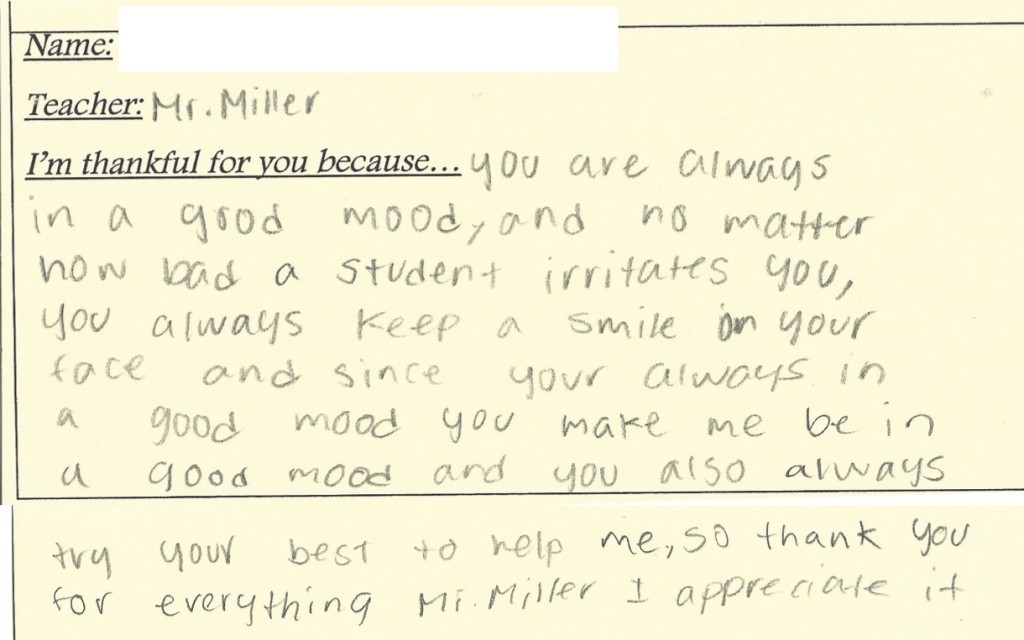“I think less of us would drop out if we just knew why the hell we needed this stuff”
That was said by a student who was simplifying rational expressions. I had a positive relationship with her so the quote was simple honesty and not some veiled attempt at making a teacher feel bad by calling their job pointless. I knew at that moment I needed to be more purposeful in my attention to the question of ‘Why Algebra?’.
Periodically throughout the year I dedicate a few minutes to tell them why Algebra is important. I always remind them there are many different reasons, and that no reason by itself will feel sufficient because we are all such different people. But when we take all the reasons together, the total picture will hopefully be able to answer the question for each student. I usually start with a basketball analogy because I used to coach basketball. It’s how I explain that you will need to use algebra in more advanced math.
We learn algebra differently that we learn most things in our life. For example you generally play basketball first. And then you decide you want to get better so you practice some rebounding drills. Then you realize that you need to be able to dribble the ball and you start doing ball handling drills. Algebra is typically constructed the other way around. We practice algebra drills without ever playing math – essentially we are practicing dribbling drills without ever playing basketball. This of course is not always true in algebra class and we are playing math as much as possible in my class – but I’m not trying to spend a lot of time in gray areas to make this point.
With that setup I show the students this video of MIT Instructor Lydia Bourouiba (I begin it at the 1-minute mark) going over a Separable Equations problem in a Differential Equation class.
[youtube http://www.youtube.com/watch?v=76WdBlGpxVw]
There are multiple places in this video where she does algebra steps. Like at the 1:09 mark when she puts all the y-variables on one side of the equation, and the x-variables on the other. Except she doesn’t show any of her work, she just does it. In basketball you don’t think about how to dribble, you just dribble. So here I pause the video and do that step like we would in our class, I multiply both sides by dx, canceling the dx’s on the left. Then I divide both sides by y^2, canceling the y^2 on the right. Students are surprised to see that they understand something Lydia is doing, and also wondering why she didn’t show her steps like I did.
I end up pausing the video in several places.
I’m basically showing the class that someone in a multivariable calculus class is using the exact things we practice. Except that the algebra she uses is not an end unto itself – rather it is another step towards a greater purpose. She is using algebra in the process of resolving a larger question.
Here’s an exchange I had with a student after I made the points above:
MM – “Similarly, in basketball you practice your cross over dribble because its going to help you in the game.”
Student – “Yeah Mr. Miller, but how are we suppose to remember what we are doing here 10 years from now?”
MM – “Do don’t have to remember it, because you’ll just do it. When you are playing basketball you don’t remember that first dribbling drill you did 10 years ago. You just dribble.”
And I shit you not – I saw and heard multiple aha moments around the room. And then the closing line:
MM – “I know what you are all thinking. I know if I was you, when I was your age, I would be thinking to myself ‘That’s fine but I still don’t care because I am never going to take that class.’ (pause for laughter and general agreement from the class) But you never know. I ended up taking that class”.
That takes a few minutes – and then I begin the days lesson. Are students instantly motivated? No. But at worst the student who honestly thought there was no reason – now knows there is some reason. Maybe they don’t think that reason applies to them, but they know its there. And if your students do not embrace the unknown quality of their futures; embrace the fact that they don’t know where these open doors lead – then your job as a motivator is not done yet anyway.


